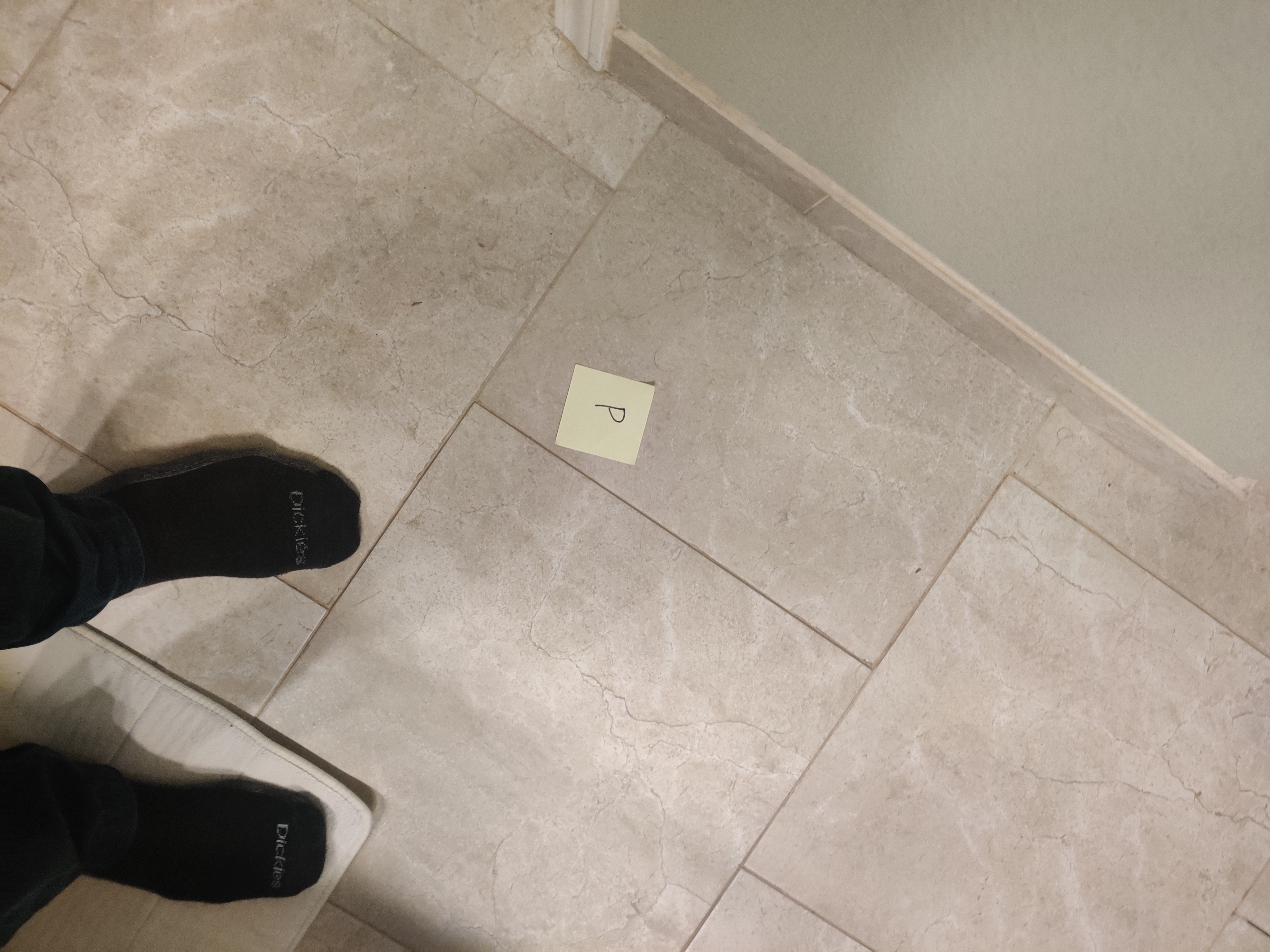Fark.com
surfrock66
I totally agree...the best solution for the specific problem. "Cloud" was the buzzword solution to every problem for a few years and it wasn't great in a lot of cases. High I/O home grown apps to be used from a single campus don't need to be in the cloud. Bulk archive storage doesn't need to be in the cloud, things like lecture recordings from 10+ years.
I don't understand your disbelief here, the 2 major players in online email and account mgmt (for education) are Google and Microsoft and both are 0 cost, but the bait and switch is the limit lowering mid cycle, not even on the academic calendar. Now that exchange on-prem is essentially dead and Google and MS control email via blacklist politics, it's a captive market.
We had been a university with office365 for several years, and the price change came well after the product comparison and decision was made. Once you are in an ecosystem like that the cost of changing is astronomical when you include migration labor, training, and loss of productivity during the transition. When you are a university with thousands of student, staff, and alumni accounts, and the office, mail, and authentication environments are integrated, it's realistically functionally impossible to migrate.
The student A1 licenses are 0 cost without upgrades, which is why it was chosen, but the storage change was a blindside. We had hundreds of accounts using over the 100GB of data (which was within TOS) and had tons of data in onedrive which had to be moved or we had to fork out per account. This was a bait and switch, plain and simple, and that is the issue with "cloud for everything" is you are at their mercy.
Completely disagree. This last March, Microsoft changed the storage limit per user on OneDrive for education from 1TB to 100GB, and users either had to delete a ton of files or pay for increased license/space. We ended up standing an on-prem file server back up shortly thereafter because we could not get our users and faculty to delete research data and could not afford to nearly double our cost expenditure. In my experience doing IT budget for years, cloud has meant that you cannot predict your yearly expenditures, Especially if you use your services that are funded in part by venture capital. Let's say you start using some cool research presentation project and suddenly the economy dips and they lose funding, the cost goes way up. Life cycle management has gone completely out the toilets in my experience with cloud products.
Cloud. Businesses went all in on cloud under this illusion of stable costs, but costs go up and contol/support have gone down, and I'm seeing businesses spin on-prem back up.
It's a different device. Already, the existing google tv workflow is different than the chromecast, which was phone control first. Now, it brings up an app which favors navigation with the remote. If I want a set top box, I'll put a kodi box in...I wanted a dumb dongle which could be controlled from a phone. It's fundamentally a different product.
My hope is that casting decouples as a concept from being a google protocol. Even though Amazon is backing it now, I hope MatterCast can become an open casting standard. My vision is having MatterCast be an installable add-on to Kodi, and then an ultra-light image can be made for super low-end devices supporting audio and video (or both).
My mom had Crohn's so she was on the toilet a lot, and my dad got her a toto washlet, the fanciest one possible. It uses the seat as a warm water reservoir (never a cold toilet seat), has a light, and has a heated air dryer. When I grew up and we redid a bathroom, that was my single ask...and outlet next to the toilet and that device. It's absolutely key, we put an unpowered bidet in the other bathroom and no one will use it.
Part of the free-market attitude though is that you should be allowed to buy policy, so in that regard it's consistent, you just have to account for corruption in the cost of doing business.
If people are ok with that then I guess it will stand, but it's insane and anti-consumer in my book. A product costs what it costs, based on supply and demand, and if you can't afford it you don't buy it. This flimsy premise of "It lowers the bar to entry so users can upgrade later without having to replace!" will never come to fruition, and it's too slippery of a slope to "put in a quarter to turn on your A/C".
That is insane. If it costs the same to make, then lower range isn't a reasonable area to pitch a lower cost vehicle. Wanting to lower the cost is fine. Putting in cheaper/smaller components to get there is fine. If you are using the same components and just software locking them to nickle and dime the users later, that's anti-consumer and should not be tolerated. I can't believe how people look at micro-transactions in games and think "wouldn't this be cool with IRL stuff?"


It's probably more than you are looking for but if you are already looking at self hosting things connected with NextCloud, use NextCloud Talk. We use it for the family and it is great.